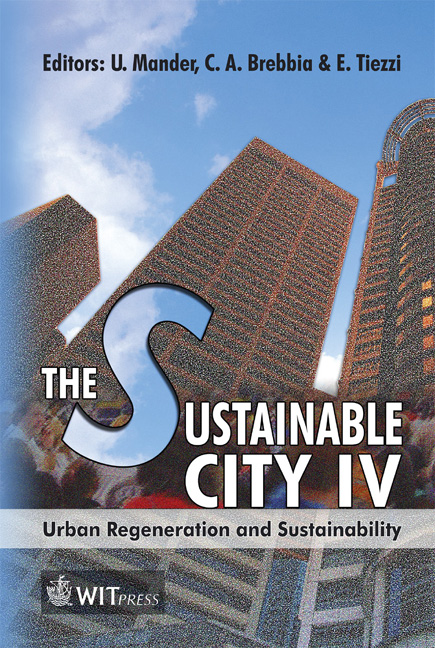Rational Environmental Goals And Sustainable Planning
Price
Free (open access)
Transaction
Volume
93
Pages
10
Published
2006
Size
296 kb
Paper DOI
10.2495/SC060451
Copyright
WIT Press
Author(s)
K. Edvardsson
Abstract
In Sweden planning towards ecological sustainability starts out from a system of environmental objectives adopted by Parliament in the late 1990s. The objectives express what environmental quality society should aim for within a generation, and are designed to guide decision-making in all sectors of society. In order to form a solid basis for planning towards ecological sustainability, the objectives must meet two types of conditions. First, they must have the capacity to guide and motivate those who are responsible for their implementation. To do so each objective must satisfy a set of rationality (functionality) criteria for individual goals: precision, evaluability, approachability, and motivity. Second, taken together the objectives must constitute a rational (functional) operationalization of the ecological dimension of sustainable development. For this to be the case the goal system must be coherent. An application of the suggested conditions to three Swedish environmental quality objectives illustrates some of the difficulties that are associated with the Swedish system of environmental objectives and ultimately with the whole idea of using goals in environmental management. Keywords: goal setting, environmental objectives, precision, evaluability, approachability, coherence. 1 Introduction In Sweden planning towards ecological sustainability starts out from a system of environmental objectives adopted by Parliament in the late 1990s [1]. The objectives express what environmental quality society should aim for within a generation, and are designed to guide decision-making in all sectors of society.
Keywords
goal setting, environmental objectives, precision, evaluability, approachability, coherence.





